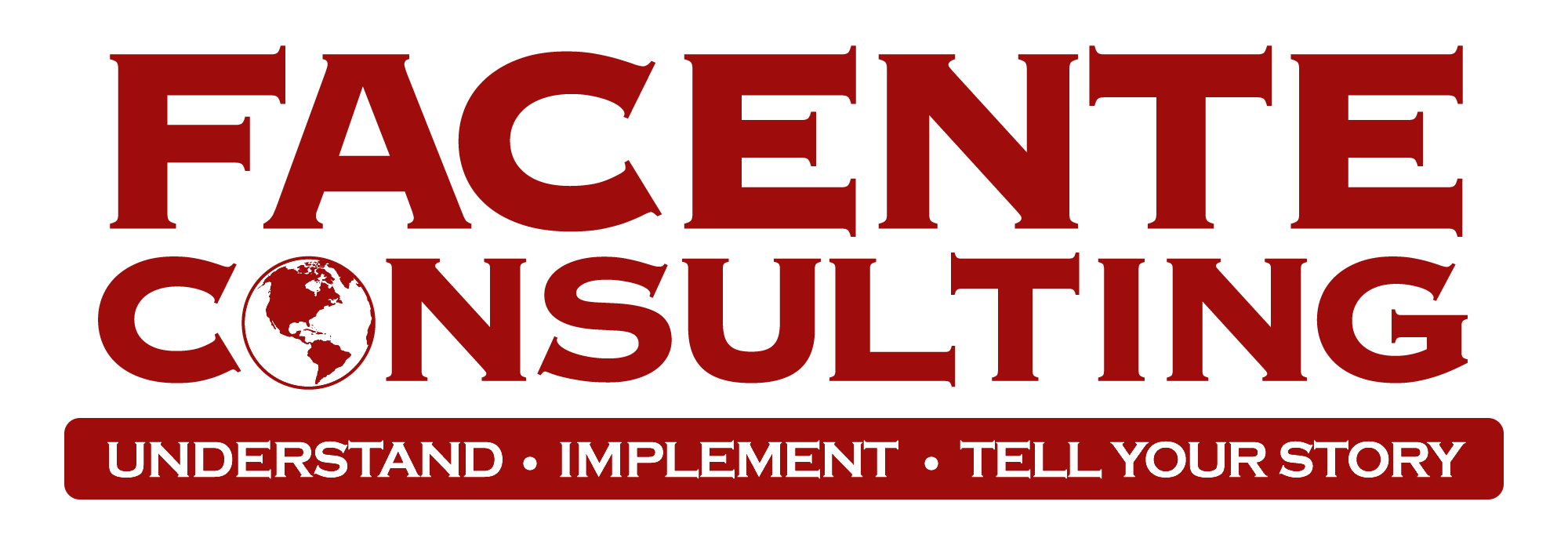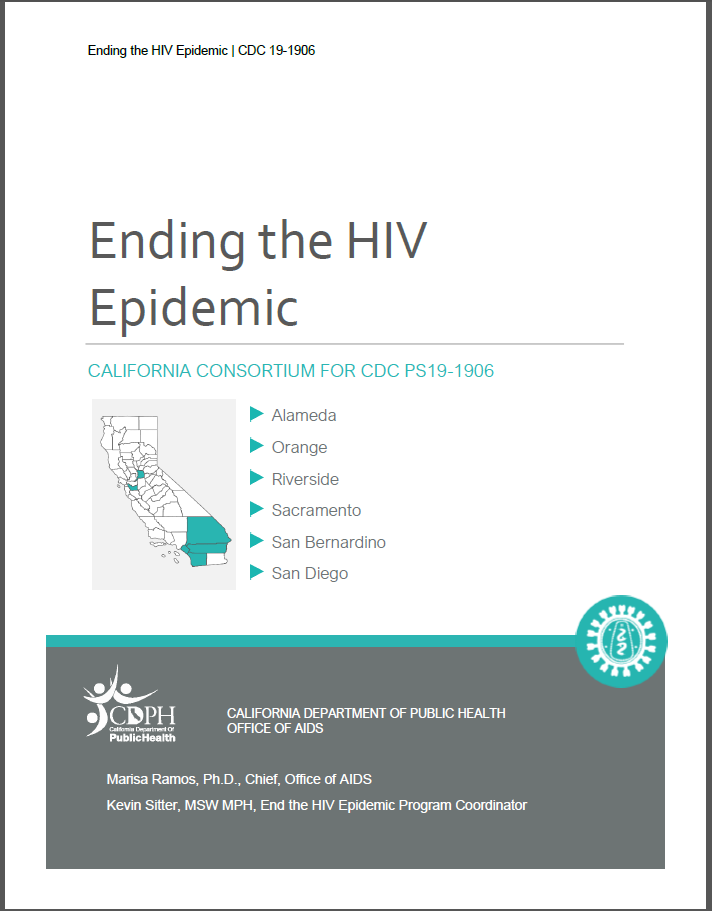From 2019-2024, the California Department of Public Health (CDPH) led the state in the formation and implementation of a five-year federal initiative known as Ending the HIV Epidemic in America (EtHE), which seeks to achieve a future with zero new HIV infections, zero HIV-related deaths, and zero HIV-related stigma. The EtHE initiative engaged community members in six highly impacted counties in California to assess each community’s needs and to solicit feedback for individualized EtHE plans. Though these six counties had made progress towards ending the HIV epidemic in their jurisdictions, significant health disparities persisted, allowing the rate of new HIV infections to grow among disproportionately affected populations. Known collectively as the ‘California Consortium,’ the six counties include Alameda, Orange, Riverside, Sacramento, San Bernardino, and San Diego.
CDPH hired Facente Consulting to work in conjunction with public health departments from each county and their Ryan White Part A HIV Planning Councils to gather extensive community input, which was used to develop their five-year EtHE plans. Facente Consulting assisted CDPH with coordination of the EtHE initiative; provided technical assistance to local health departments in implementing EtHE interventions; designed and implemented several community engagement events in each of the counties; assisted with evaluation; and coordinated the writing of each of the plans. Final products included a six-county EtHE Plan that resulted in an additional $7 million per year for five years for these counties to implement their plans, along with improved intra-agency coordination within CDPH and cross-county collaboration within the Consortium to focus on EtHE goals. The planning process was so successful that CDPH hired Facente Consulting to assist the Consortium counties in the implementation of their plans, including development and implementation of several innovative programs customized to each county. Examples included Take Me Home (at-home HIV/STI testing), mobile HIV testing and treatment services, and programs designed to enhance service for communities least well-served by existing systems, including transgender Latinas, migrant workers, people who are unhoused, and people who inject drugs.

